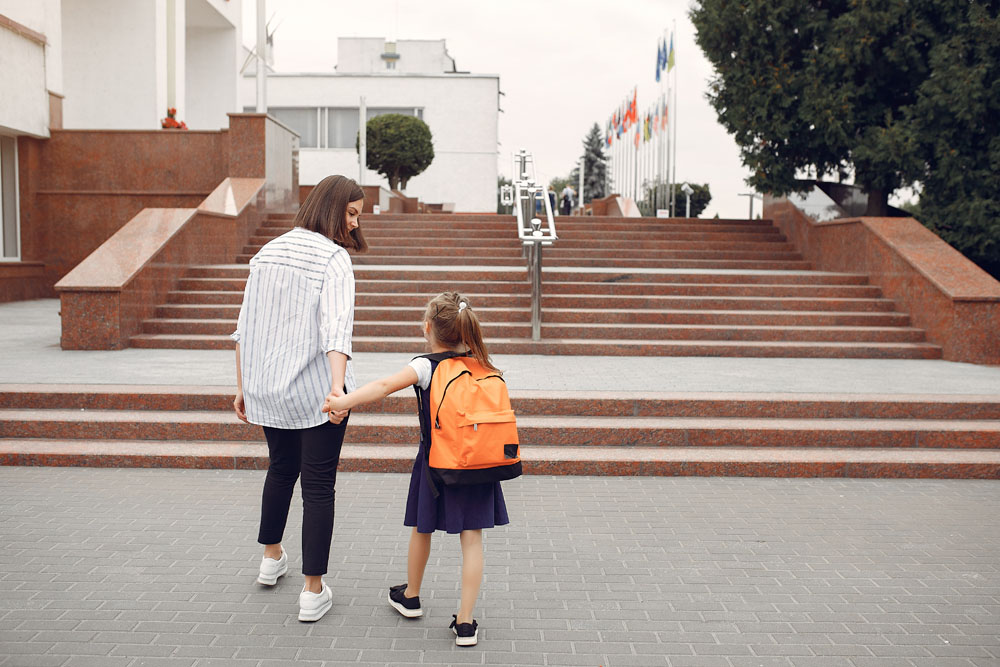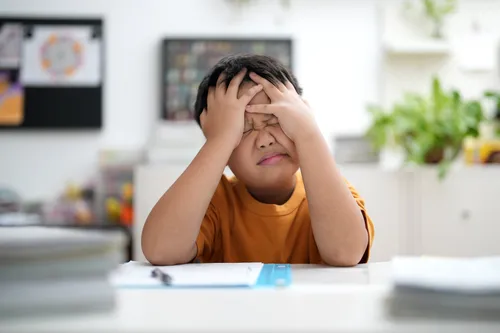Extracurricular activities (ECAs) ensure children have a well-rounded social, emotional and physical development. They provide children with exposure to different learning environments, social situations and interpersonal challenges. ECAs are different from co-curricular activities as they are optional and are most often taken based on the child’s interest. While co-curricular activities are teacher-led, ECAs may be taught or led by external coaches.
What are some of the common ECAs offered at international schools today?
International and private schools usually offer a variety of ECAs. They may range from commonly practised sports, such as swimming and football, to more unique offerings such as robotics, coding, animation, public speaking and even life skills.
It is not unusual for ECAs to have physical sports, such as dodgeball, aikido, karate and fencing as well as mentally stimulating activities such as chess, mental arithmetic and creative clay art. The range of activities offered at the schools may be long and varied but they always complement the existing co-curricular activities children are required to take.
Why are ECAs important for a student’s development in school?
ECAs are a good way to supplement a student’s or child’s classroom learning. As these activities focus on developing the children’s social, emotional and physical development, they instil confidence and build character.
Whether the children are taking on something physically focused like taekwondo or working on something in smaller groups like public speaking, they gain new skill sets which are not consciously developed during classroom learning.
What are the benefits of joining ECAs in school?
Other than the obvious benefits of enhancing a child’s learning and development, these activities in school provide peace of mind to parents and children alike and are easily undertaken.
Parents will not be burdened with the task of looking for a suitable place to develop their children’s interests. The ECAs organised by the school ensure children can grow and develop all under one roof.
As physical distancing and safe, clean habits become the new normal, not having to shuttle the children to many different places in a day limits the amount of their exposure to the environment and public. The schools’ safe bubble becomes a vital environment for the children.
Safeguarding should not be a concern as the schools are all prepared and well-equipped to ensure a safe and secure learning environment for the children. Any external coaches who are engaged for the ECAs would have been vetted stringently to ensure they comply with the safeguarding practices adopted by the school.
The children will benefit as they are able to expand their friendships and relationships in a familiar and controlled environment. Not only will they be able to fall back on their teachers in school supporting them, but they will also be able to mingle and build camaraderie with children from other year groups and classes.
What is your advice to parents and their children on choosing the right ECAs?
When determining what ECAs to choose, parents should try to take a back seat and allow their children to decide based on their particular interest/s. it is important to realise that in their school years, children do not always get a say on what they study. It is therefore key that they be given an opportunity to gravitate towards what interests them the most.
This will also be a good time for parents to find out more about their children – their wants, passions and curiosities. It allows the family a chance to bond and find common interests which ultimately help strengthen the family unit.
However, this does not mean that parents should be completely hands off. They should still act as advisors to nudge the children in the right direction. Valid questions to ask include ‘Why did you choose this activity?’, What do you like about the classes?’, How do you think the lessons can help you?’
The expectation is not for parents t have strong convincing reasons for choosing particular ECAs. Instead it provides them an opportunity for them to discover how passionate their children are with a particular ECA. The more passionate and interested the children are, the easier it will be for them to learn and develop in social situations and with interpersonal challenges.
Do you think joining ECAs can help students improve academically?
The answer is, unequivocally yes. ECAs help children develop themselves. They stimulate active minds, encourage strong engagement and give them a big boost in confidence and build character. Take into account, too, the social skills, friendships and relationships they cultivate with their peers, teachers and coaches. The children will then be well placed to apply these newfound skill sets in the classroom and beyond.
A drastic academic improvement may not be seen but you will find that, overall, your children will not only gain more academic knowledge, they are also likely to perform better across various areas once they experience and share their interests and passions with other students.
This article is contributed by the Asia Pacific Schools.















![[Maahad Tahfiz Negeri Pahang] Asia Youth International Model United Nations](https://mint-edm.sgp1.digitaloceanspaces.com/production/qKffTsfZisDxO4b6kcejusAA7mWWgL.jpg)





















